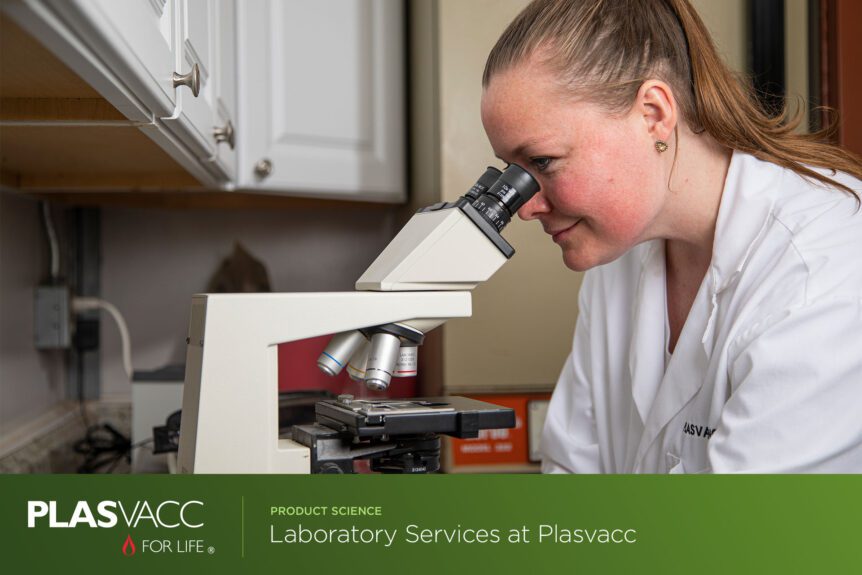A Closer Look: Lab Services
As any equine veterinarian knows, providing a high standard of care for their patients is often dependent on quick, reliable, and accurate lab testing. Having access to these lab services is crucial for making accurate diagnoses and ensuring a proper treatment protocol.
Equine illnesses can present with similar symptoms, and lab testing can help identify the specific cause of the illness or disease. This allows veterinarians to tailor their treatment plans to each individual horse’s needs, improving the chances of a successful outcome.
Furthermore, quick access to lab testing is critical for horses that need to be transported across state lines or internationally. The USDA mandates Equine Infectious Anemia (EIA) testing for all equids that are transported across state lines or exported out of the country.
Without access to a local lab that can provide rapid testing and certification, horses may be unable to travel or compete.
What Lab Services Does Plasvacc Offer?
Plasvacc offers two primary testing services to equine breeders and the veterinary community, equine IgG testing via radial immunodiffusion (RID) and Equine Infectious Anemia testing. Plasvacc is proud to offer these veterinary lab services for San Luis Obispo County and beyond. Samples for testing are submitted directly to our lab in Templeton, CA and the required paperwork can be sent via Global Vet Link or dropped off in person.
Equine IgG Testing
Equine IgG testing is essential for determining whether a newborn foal has received full immune protection via passive transfer. The IgG testing Plasvacc offers is considered the “gold standard” for accurate IgG readings. IgG levels in the foal’s circulation indicate whether it has received adequate colostrum from the dam (and whether they now have a protective level of immune globulin content (IgG) circulating in their body to protect them from common pathogens they may encounter).
Radial immunodiffusion testing methodology is preferred over other methods, because it has several advantages. Firstly, it is more specific for IgG and does not cross-react with other proteins or antibodies that may be present in the serum. Secondly, it has a wider dynamic range, allowing it to detect a broader range of IgG concentrations. Thirdly, it is less affected by interference from contaminants and other factors that may affect other methods, resulting in fewer false positives or false negatives.
Equine Infectious Anemia Testing
Equine Infectious Anemia testing is necessary for all transport across state lines, for foreign export of equines from and to the US, and now even for some horse shows/races within your home state. EIA is a very serious, highly infectious viral disease. The USDA recommends testing every horse/donkey/mule for EIA annually. Plasvacc offers both agar gel immunodiffusion (AGID) and ELISA testing options for EIA. The authoritative method for EIA testing, AGID is the testing method required for foreign export/import of an equine. Enzyme-linked immunosorbent assay (ELISA) testing has the advantage of a fast turn-around time but is not authorized for international shipment of equids. Plasvacc provides this testing both during normal business hours, and as an emergency service if necessary.
For more information on Plasvacc’s equine laboratory services or to arrange testing, please call for more information.

